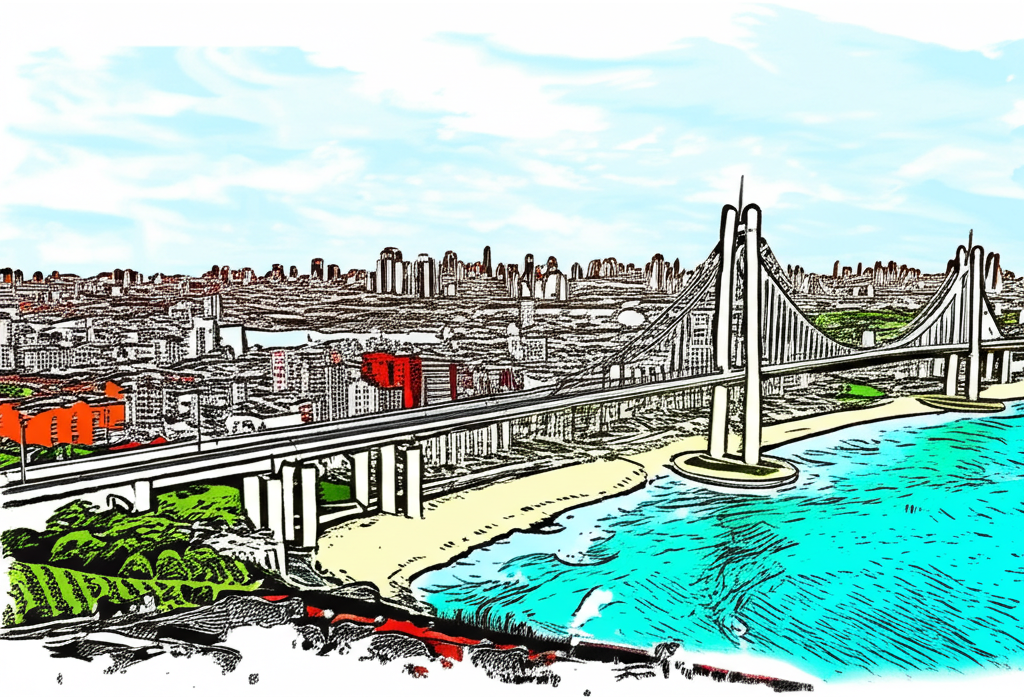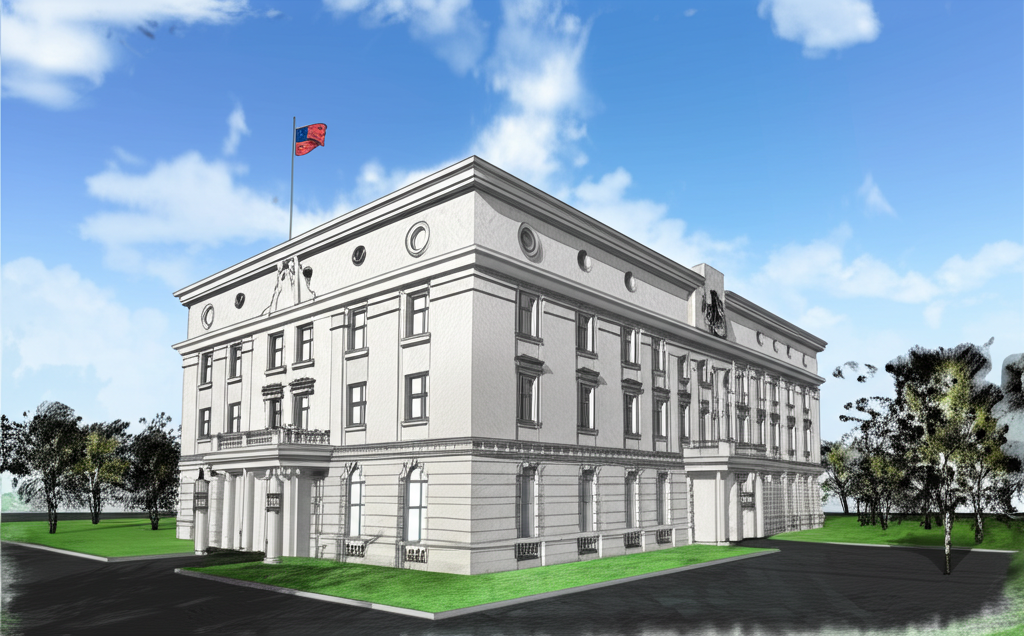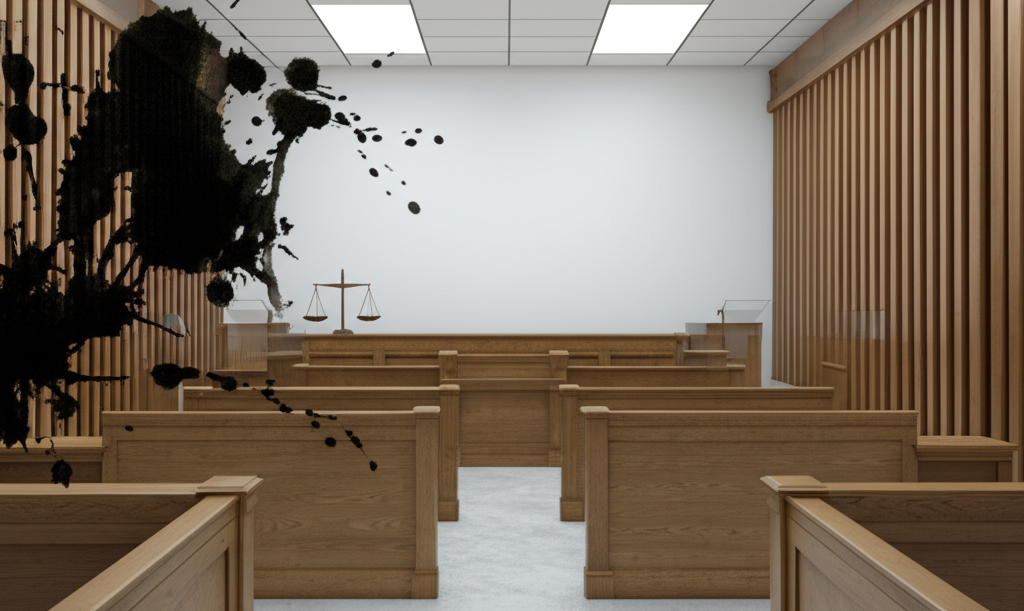Human rights activist Dele Farotimi has been denied bail by a magistrate court in Ado-Ekiti, following his arrest on defamation charges. The charges stem from allegations made in Farotimi’s book, “Nigeria and its Criminal Justice System,” concerning Afe Babalola, the founder of Afe Babalola University. This denial contradicts a previous bail grant by the Federal High Court in Ado-Ekiti. The case has fueled public outcry and condemnation from prominent figures like Omoyele Sowore and Femi Falana, who are demanding his release.
- Dele Farotimi denied bail in defamation case.
- Arrest and denial spark public outrage and condemnation.
- Conflicting court rulings on Farotimi’s bail.
Farotimi’s Arrest and Bail Denial
Dele Farotimi was arrested in Lagos and transported to Ekiti to face charges related to alleged defamation against Afe Babalola. The magistrate, Abayomi Adeosun, postponed the bail decision to December 20th after the police prosecutor argued the application was incomplete. This delay comes despite the Federal High Court granting Farotimi bail just a day prior, creating confusion and raising concerns about due process. The charges relate to statements published in Farotimi’s book that allegedly defame Babalola and implicate the Supreme Court.
Public Outcry and Condemnation
Farotimi’s arrest and subsequent bail denial have ignited a firestorm of public anger and condemnation. Prominent figures, including Omoyele Sowore, the 2023 presidential candidate of the African Action Congress, have voiced their concerns, labeling the arrest as an abuse of power and demanding Farotimi’s immediate release. Senior Advocate of Nigeria, Femi Falana, echoed these sentiments, calling the arrest unlawful and a violation of Farotimi’s rights. These calls for justice underscore the widespread belief that the charges against Farotimi are politically motivated and an attempt to silence dissenting voices.
Police Justification and Legal Challenges
The Ekiti State Police Commissioner has defended the arrest, claiming Farotimi ignored previous invitations to appear before them for questioning related to cyberbullying and defamation. This justification has been met with skepticism, particularly given the conflicting court rulings surrounding his bail. Legal experts have questioned the basis for the arrest and the subsequent denial of bail, highlighting potential procedural irregularities and violations of Farotimi’s fundamental rights. The conflicting court decisions further complicate the case and raise questions about the independence of the judiciary in Nigeria.
The Implications for Freedom of Speech
This case has far-reaching implications for freedom of speech and the rights of activists and journalists in Nigeria. Critics argue that the arrest and prolonged detention of Farotimi represent a dangerous precedent that could stifle critical voices and deter individuals from speaking out against powerful figures. The ongoing legal battle is being closely watched by human rights organizations and press freedom advocates, who warn that the outcome could have a chilling effect on public discourse and democratic participation in the country.





